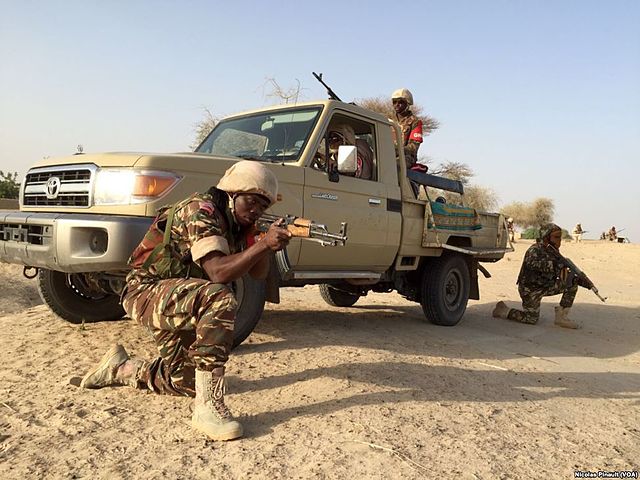Josep Borrell’s visit confirmed the Italian attempt to relaunch the EU’s action in Lybia and Africa. Here’s how the Italian Defence moves in Europe, from the proposed aerial surveillance over the Libyan ceasefire area to the arrival of our helicopters in Mali. According to General Bertolini, “we’re learning from the French to safeguard our interests”
Italy is becoming Europe’s door to Africa yet again, as it rediscovers its centrality in the (wider) Mediterranean area and relaunches the EU’s actions in Libya. The Berlin-Brussels-Rome triangulation of the past days seems to suggest as much, what with the Italian minister of defence Lorenzo Guerini in Germany, the High Representative Josep Borrell meeting him and foreign minister Luigi Di Maio in Rome.
The stabilisation of Libya remains Italy’s “strategic priority,” as Mr Guerini constantly repeats. All eyes are on the newly formed government of Abdulhamid Dabaiba, tasked with ferrying the country to the December 24 elections.
The aim is to preserve this process and avoid dangerous destabilisations (including those coming from outside), by means of increasing the European weight compared to other forces (i.e. Russia and Turkey) which have become main actors in the dossier.
“Our Defence can be an important lever for the return of Italian centrality in Libya,” said Mr Guerini in an interview with the Italian daily Repubblica. His words are reminiscent of the December accord he signed with his former homologue in the Government of National Accord (GNA), al Namroush, which focussed on technical and military collaboration as well as support for the humanitarian mine clearance operations.
Now all of the Eu must converge on this line, starting with the most effective instrument that Brussels managed to field for Libya: the EUNavFor-Med Irini mission, headed by Admiral Fabio Agostini, who yesterday welcomed Mr Borrell in Rome.
According to Mr Guerini, the mission can benefit from the additional deployment of assets and pooling them to cover both the arms embargo and the training of Libyan security forces – which entails an increased focus on capacity building. It would also be “appropriate to elicit more collaboration with the NATO Sea Guardian mission,” he added yesterday.
Irini is due for a two-year renewal next week. Italy is working to ensure it is also strengthened, especially in light of the UN report – published right before Mr Borrell’s visit to Rome – detailing how the arms influx rendered the arms embargo “ineffective.”
The High Representative today admitted to the daily Il Foglio that the EU is waiting for the UN’s mandate to add “aerial surveillance over the ceasefire” to its embargo-related duties. This would be a “mandate” test for the new government, too, and another notch on the belt of European military involvement.
As for Italy, the most recent resolution concerning the Irini mission authorised the deployment of up to 500 military personnel, one naval and three aerial units. Those numbers might increase, even considering the added strain of the bilateral mission Miasit.
According to General Marco Bertolini, “Italy must involve Europe on Libya and have it converging on its interests […] Over the past years, our country suffered from European distractions on this dossier. It was left alone. It lost an extremely important business partner in Gaddafi, and then it saw the weight of immigration dumped on its shoulders.”
Moreover, Italy could suffer from the jihadist extremism which Libya harbours. Hence the need for renovating the EU’s action, “exactly like the French did with the Sahel, making their own objective European ones. Clearly,” he added,” the French interests coincide with the Italian ones in that region, because it influences Libya, with direct effects on Europe.”
The attention is indeed growing around the Sahel, a region that’s as wide as Europe and ravaged by jihadists forces, against which France has long been requesting support. Italy is currently contributing with 200 personnel and 20 land vehicles to the Takuba task force and a logistical collaboration base under construction in Niger, but Mr Guerini is ready to “deploy a helicopter squadron for medium evacuations,” to gain a European “perspective” in that area, too.
The Sahel also cropped up in Berlin during the talks between the Italian defence minister and his German counterpart, Annegret Kramp-Karrembauer, who offered to integrate the German Gazzelle mission in the European Union Training Mission (EUTM) in Mali.
After his meeting with Mr Borrell, Mr Guerini called the German initiative an “effective and absolutely agreeable approach” which “properly interprets the EU’s necessity (and that of its member states) to act systematically and efficiently, in synergy with all the other initiatives of the Sahel Coalition”.
Translated by Otto Lanzavecchia








